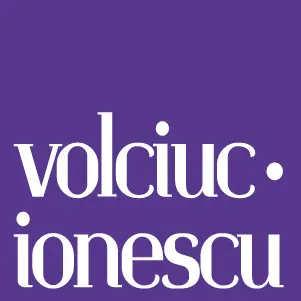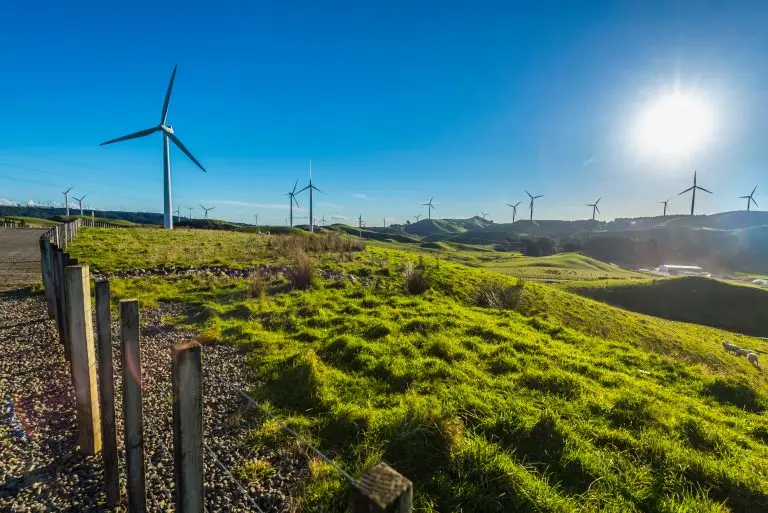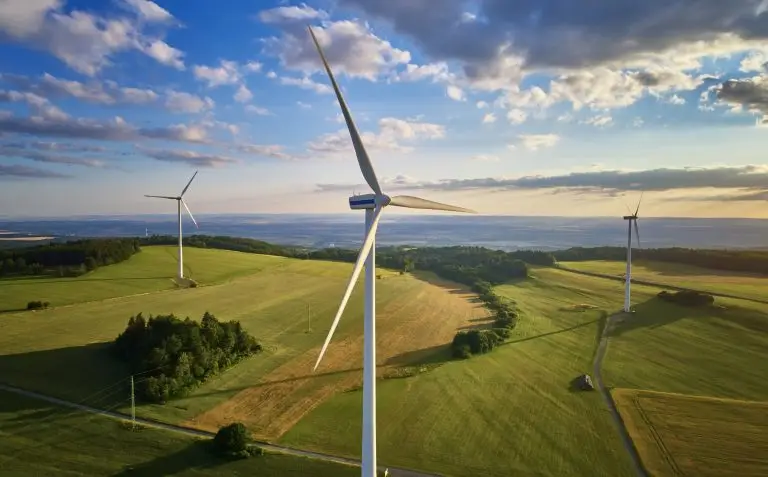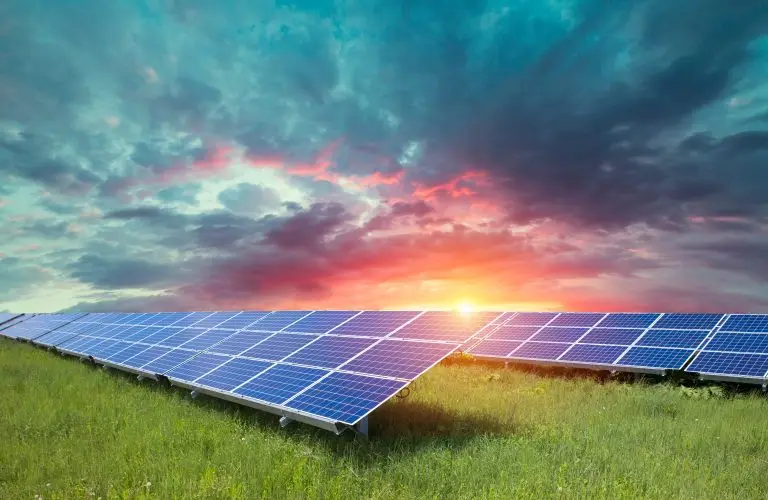On 21 September 2021, the Ministry of Energy introduced a new proposal to amend Law no. 123/2012 on electricity and natural gas (“Law no. 123/2012”), in the form of an Emergency Government Ordinance (“Draft EGO”). The main purpose of the proposal is to implement Directive (EU) 2019/944 on common rules for the internal market for electricity (“2019 Electricity Directive”). The 2019 Electricity Directive entered into force on 4th of July 2019 and Member States had until 31st of December 2020 to transpose it into national legislation.
The most recent draft was published by the Ministry of Energy on 21 September 2021. However, a first version had already been published on the Ministry of Energy website on 29 April 2021. While the first draft was presented as a legislative proposal and would have needed to undergo a lengthy legislative procedure in the Parliament before entering into force, the second draft is introduced as an Emergency Government Ordinance (“EGO”) and its adoption would not involve the Parliament, shortening considerably the implementation timeframe. Considering the deadline for transposing the provisions of 2019 Electricity Directive into national legislation was 31 December 2020, the Romanian Government is now pressed for time, and therefore justifies opting for an EGO.
The Draft EGO introduces a series of amendments and additions to Law no. 123/2012 in order to align the national provisions with those provided at EU level. Although the vast majority of the changes refer to the electricity market, the Draft EGO also provides some changes to the functioning of the gas market. In the following, we will highlight the most relevant changes, divided into two parts, (1) changes at the level of the electricity market and (2) changes related to the gas market.
1. CHANGES AT THE LEVEL OF THE ELECTRICITY MARKET
One of the most important changes brought by the Draft EGO is the elimination of the obligation to conclude wholesale transactions on the centralized market and the producer’s . As a result, at least the following transactions, but not limited to, could be freely concluded on the wholesale market: a) bilateral transactions negotiated directly; b) transactions concluded as a result of bidding rounds on organized markets, including the balancing electricity market; c) electricity import and export transactions;
The introduction of a new category of customers, i.e., the active customer defined as a final customer, or a group of jointly acting final customers, who consumes or stores electricity generated within its premises, located within confined boundaries or, where permitted, within other premises, or who sells self-generated electricity or participates in flexibility or energy efficiency schemes, provided that those activities do not constitute its primary commercial or professional activity; As the EU strives to reach carbon neutrality by 2050, much of the efforts to achieve this milestone are directed towards empowering final customers to have a more active role in what concerns their impact in the energy sector. Active customers will not only be able to produce their own electricity, but can also store it and send it back to the grid when needed. In the EU’s vision, final customers would play an important role in the flexibility of the electricity market and will also aid the functioning of the internal market, since liberalization of the electricity market also adds to the responsibility of the customers by raising awareness on consumption patterns.
Another concept introduced refers to citizens energy communities (“CECs”). They are legal entities based on voluntary and open participation, which are effectively controlled by members or shareholders that are natural persons, local authorities, including municipalities, or small enterprises. The primary purpose of a CES is to provide environmental, economic or social community benefits to its members or shareholders or to the local areas where they operate, rather than to generate financial profits. They are free to engage in generation, including from renewable sources, distribution, supply, consumption, aggregation, energy storage, energy efficiency services, charging services for electric vehicles or to provide other energy services to its members or shareholders;
An existing concept which is further elaborated by the Draft EGO refers to the aggregator. Although the notion of an aggregator already exists in Law no. 123/2012, the new Draft EGO expands its role in the functioning of the internal market. According to the envisaged provisions, each participant involved in aggregation has the right to enter the electricity market without the endorsement of the other market participants. Customers have the right to purchase or to offer aggregation services as aggregators, independently from their contract to supply electricity and from an electricity undertaking of their choice. Same as the CECs, the market participants engaged in aggregation will be financially responsible for the imbalances that they cause in the electricity system. To this end, they can either keep their balance responsibility or delegated it to a balance responsible party of their choice, in accordance with article 5 of Regulation no. 2019/943 on the internal market for electricity (“EU Regulation no. 943/2019”)
The Draft EGO also amends the provisions regarding the universal service. Whereas in the current version of Law no. 123/2012 the universal service defined as “the right to be supplied with electricity of a special quality within their territory at competitive, easily and clearly comparable, transparent and non-discriminatory prices”, is applicable to households and small enterprises with less than 50 employees and an annual turnover lower than EUR 10 mil, the new Draft EGO limits this right only to household customers. The 2019 Electricity Directive leaves the Member State to decide whether non-households will be entitled to the universal service right or not. From the Draft EGO it appears the legislator has chosen to eliminate non-households from the protected category.
In addition, in line with the provisions of the 2019 Electricity Directive, the Draft EGO changes the criteria for granting financial compensation or other forms of compensation and exclusive rights for the fulfilment of the public service obligation and the provision of universal service, stating that such compensation shall be granted in a non-discriminatory and transparent way. The Government will inform the European Commission (“EC”) of all measures adopted in order to fulfil the two obligations, including measures regarding consumer and environmental protection, as well as their possible effect on national and international competition. Subsequent notifications to the EC will be made every two years, in case any changes occur to those measures.
To protect the customers in their relationship with the supplier, the 2019 Electricity Directive provides that Member States must ensure customers have access to out-of-court mechanisms for settling disputes. To this end, the Draft EGO provides that the participation of electricity undertakings in out-of-court mechanisms for household customers shall be mandatory. Law no. 123/2012 already establishes a Commission for solving disputes arising between participants of the electricity market. The Commission is formed by 5 members, appointed through a decision of National Authority for Regulating Energy (“NARE”). NARE, from expert members with at least 8 years’ experience in the electricity sector.
The liberalization of the market also brings new responsibilities to customers, especially as regards balancing requirements. The Draft EGO provides that market participants must take full financial responsibility for covering the costs of the imbalances they are generating on the market. Production capacities using renewable energy sources, with an installed capacity lower than 400kW are excluded from the responsibility regarding balancing.
The functioning of the electricity market is also enlarged, as the Draft EGO provides that risk hedging products will be traded on exchanges and long-term supply contracts can be negotiated over-the-counter, provided that such contracts comply with the EU law regarding competition. We note that in this context the definition of a long-term electricity supply contract has to be understood in connection with the definition provided under the 2019 Electricity Directive for the electricity supply contract, meaning any contract for the supply of electricity, provided that it does not include electricity derivatives. Thus, it includes power purchase agreements between producers and suppliers as well as other agreements concluded on the wholesale market. The current legislation allows for long-term supply contracts to be concluded only as regards new capacities, which have been operational since June 2020. With the new amendment, this limitation would be lifted.
Producers of dispatch units are no longer required to offer the entire available electricity capacity on the balancing market, but only the capacity set in the contract regarding balancing capacities.
Suppliers are able to freely establish the price for supplying electricity, with express exceptions provided under the law. To this end, the Draft EGO sets the conditions in which intervention in the price setting can take place for energy poor or vulnerable household customers, such as to:
- pursue a general economic interest and not go beyond what is necessary to achieve that general economic interest;
- be clearly defined, transparent, non-discriminatory and verifiable;
- guarantee equal access for Union electricity undertakings to customers;
- be limited in time and proportionate as regards their beneficiaries;
- not result in additional costs for market participants in a discriminatory way
The Draft EGO redefines the concept of a supplier of last result, by providing that the latter will ensure the supply with electricity to final customers with no other source of supply, as a result of their supplier being in danger of losing its supply license or for any other reason identified by NARE.
Significant changes are made also with regard to the relationship between customers and suppliers. Suppliers are obliged to offer to final customers the option to receive and access electronic invoices as well as flexible ways to pay such invoices. In addition, the invoices must include clear, transparent and easy to understand information which should allow the final customers to adjust their consumption and compare other supply offers. Moreover, the supplier must give the option to the final customer to conclude contracts with dynamic prices, but also to inform them on what are the advantages and risks of such contracts, including the need of owning a smart meter.
Electricity produced from renewable energy sources (“E-RES”) will no longer have a guaranteed priority access to the network, in return the priority dispatch will be made according to the provisions of EU Regulation no. 943/2019, which provides a few exceptions when E-RES will be given priority, such as in case of power-generating facilities that use RES and have an installed electricity capacity of less than 400kW.
In accordance with the provisions of 2019 Electricity Directive, the Draft EGO also introduces penalties up to 10% of the annual turnover on market participants which fail to comply with certain obligations under Law no. 123/2012 but also of the EU provisions, especially Regulation (EU) no. 2019/943 on the internal market for electricity.
Law no. 220/2008 for promoting energy produced from renewable energy sources is amended in order to eliminate the references to prosumers given that the 2019 Electricity Directive introduces the concept of active customers, which includes the concept of a prosumer.
2. CHANGES RELATED TO THE GAS MARKET
According to the Draft EGO, the titleholders of a distribution, storage or linepack concession can, having regard to consideration of efficiency and economic balance, designate one or more distribution, storage or linepack operators, to which they could transfer in part or in full the rights and obligations under the concession agreement. Under the explanatory note of the Draft EGO, it is mentioned that the purpose of this provision is to correlate Law no. 123/2012 with the provisions of article 12 and article 24 of Directive no. 73/2009 regarding the internal gas market (“Gas Directive”). The above-mentioned articles from the Gas Directive stipulate the obligation of Member States to designate or to require such designation from the gas undertakings which own or are responsible for distribution systems, and those that own storage or LNG systems, of one or more storage/ LNG or distribution system operators and to ensure that those operators will comply with the obligations and criteria set out in the Gas Directive, such as the unbundling requirement. It remains to be seen if this provision will be adopted as such, considering the concession agreement is granted following a public procedure and any transfer of the obligations thereof would have a significant influence.
The Draft EGO establishes different financial solutions for connecting final customers to the distribution system, depending on whether the connection refers to household customers, case in which the cost of the connection works will be paid by the distribution operator (until the limit of a medium connection), whereas in case of non-household customers the cost of the connection works, including design works, will be covered by the customers. This provision will implicitly amend Regulation regarding connection to the gas distribution system approved by NARE Order no. 18/2021, which currently states that the cost of connection to the distribution system is set according to Law no. 123/2012. In addition, various other provisions regulated under the above-mentioned regulation are incorporated by means of the Draft EGO in Law no. 123/2012.
The Draft EGO is currently under public consultation until 21st October 2021, while interested parties can submit suggestions and comments with the Ministry of Energy. We will continue to follow the development of this Draft EGO and we will keep you informed on any update, as well as the possible adoption of the Draft EGO.




